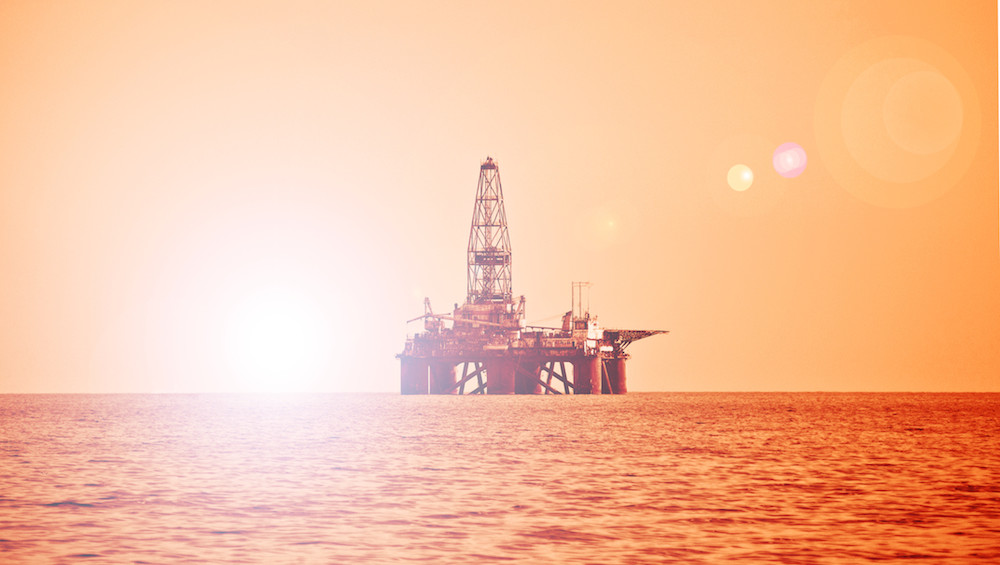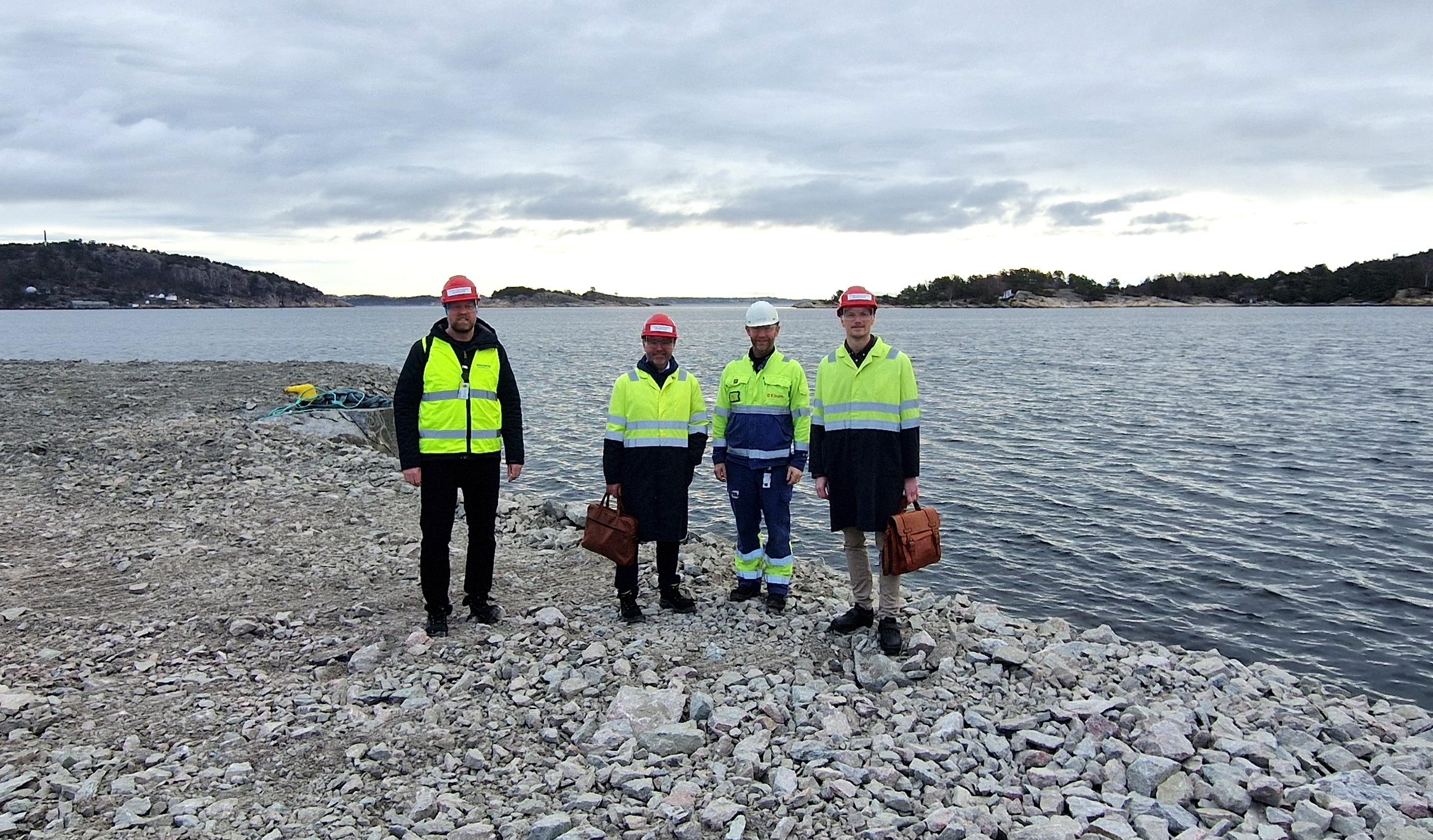The five GCE NODE participants with an ambition to take an active role in the marine mineral industry are MHWirth (leading one of the work packages), National Oilwell Varco, Cameron/Schlumberger, Future Production and Loke Marine Minerals. They are all part of the new consortium, headed by TechnipFMC and SINTEF, which recently applied for governmental financing, based on a main objective to enable a low carbon society through marine minerals utilization.
“To meet the global environmental goals set in the Paris Agreement, the demand for metals will increase significantly. Metals are used for batteries, wind and solar power and electrical infrastructure. The growth in demand cannot be covered entirely by onshore mining and recycling. New sources for minerals must be identified, and the best place to look is under water,” says Christian von der Ohe, RD&I Manager at GCE NODE.
The world’s active volcanic spreading ridges host massive sulphides containing especially copper, cobalt and zinc. Most parts are in international waters. However, after Fiji, Norway is the country with economic rights to most of these ridges. Hence, Norway has a great opportunity to develop both a domestic and international market.
“This project will focus on the technological advances needed to develop this market and build upon existing technology and knowledge from the oil and gas industry. A better understanding of all deep-sea mining related environmental aspects in all activities will be key to unlocking this resource,” explains von der Ohe.
Consortium roles range from license holders and experts in offshore resource exploration, to suppliers and service companies with extensive experience from offshore operations in challenging and harsh conditions.
“Answering the consortium’s environmental ambitions, Cameron/Schlumberger and MHWirth will be modifying drilling technology from the oil and gas industry as an alternative to “open pit mining” on the sea floor.
This is a radically new approach to deep-sea mining which could drastically reduce the environmental footprint, while at the same time make deeper mineral resources available. This initiative is matched by NOV, Aker Solutions and Future Production, which address the operational challenges around drilling, mineral production, and the transport of ores,” says von der Ohe.
Partners also include PGS, CGG, Adepth, DeepOcean, SINTEF, the University of Bergen and clusters GCE NODE and GCE Ocean Technology.



